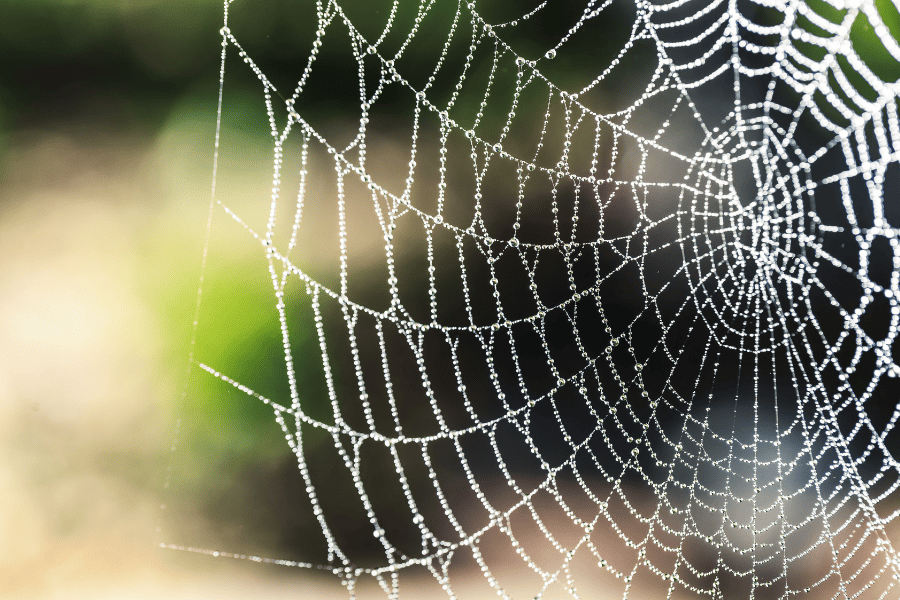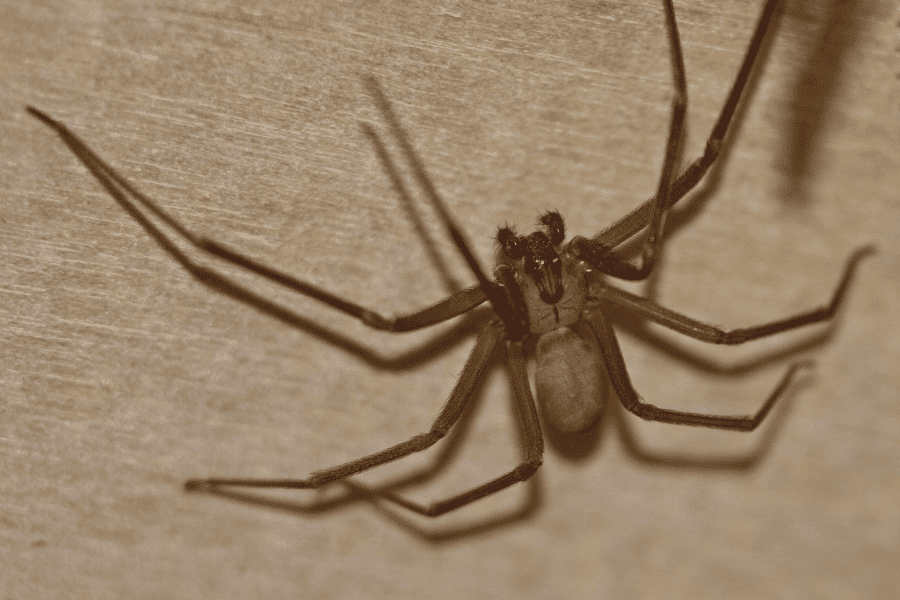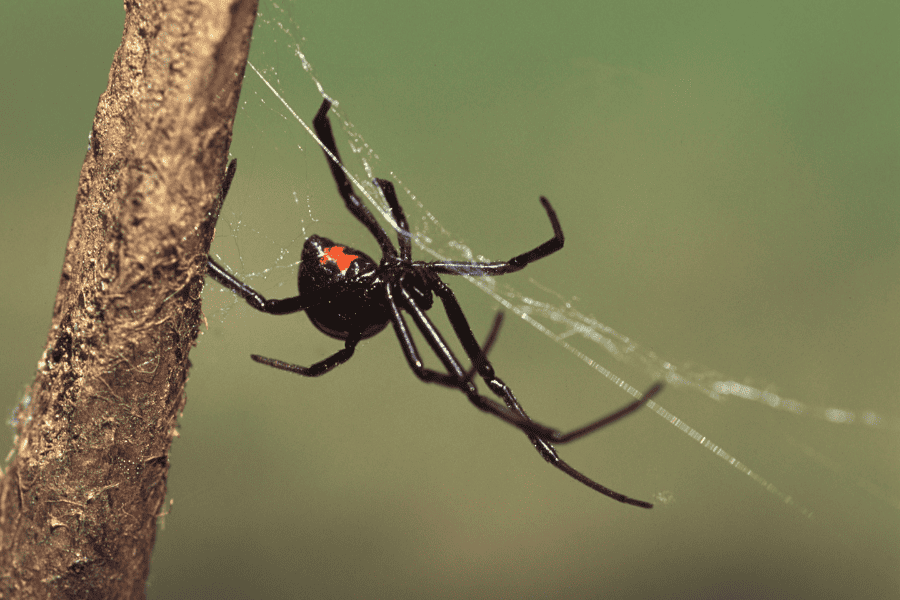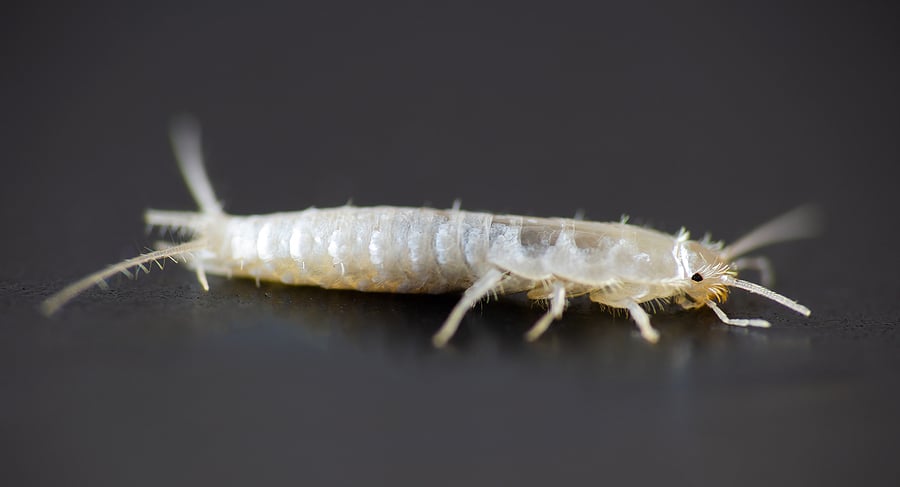READY TO GET STARTED?
REQUEST A FREE ESTIMATE
Fill out the form below or call (336) 226-1448 for a free, no-obligation estimate.

Spiders are a common pest found almost everywhere in the world and are no strangers to North Carolina! Let’s go over common venomous spiders in North Carolina and how you can prevent them from your home.

These spiders are light to dark brown in color and are easily identifiable with their fiddle-shaped markings on their heads. They can be found living in woodpiles, under rocks, or around homes and are common in homes with wooded areas surrounding them. These spiders will bite humans if they feel provoked but are generally not aggressive. If you do get bitten by a brown recluse, seek immediate medical attention, as they are extremely venomous.
When you see a brown spider, it’s common to immediately think it’s a brown recluse, however, there are a handful of other notable brown spiders in North Carolina that are not harmful to humans.
Other brown spiders include:

The black widow is one of the easiest spiders to identify with its shiny, black body and red hourglass shape on the bottom of its abdomen. This is another common venomous spider in the North Carolina area, but they will not bite unless they feel threatened. They are typically found in woodpiles, under rocks, or even in basements and garages.
Spiders are sometimes beneficial to keep in hand since they help control other populations of pests in your home, but we know that having them around can make some feel uneasy, especially if they’re harmful to our family. Here are some ways you can prevent them in your home:

While silverfish are harmless to humans, if infested, they can become a huge nuisance to your home! These pests are prevalent in North Carolina homes. Once they get inside, it’s hard to eliminate them as they can live up to 3 years and reproduce frequently. Learn more about these common household pests and how you can prevent silverfish below.
These pests look to our homes mainly for food sources and a warm place to inhabit. They tend to eat sugary substances and will eat books, wallpaper, shirts, clothes, and even photographs! They will also look to lay their eggs in an environment they thrive in, seeking out dark, moist hidden areas of homes, such as our basements or attics.
Silverfish are known to rapidly reproduce, making it harder to get rid of if you do end up spotting these creatures inside. Luckily, there are some easy do-it-yourself preventative measures to place throughout your home.
Even after you’ve placed preventative measures throughout your home and they are still infesting, it could be time for some professional help. Your local pest control company will be able to set you up with a comprehensive treatment and prevention plan.